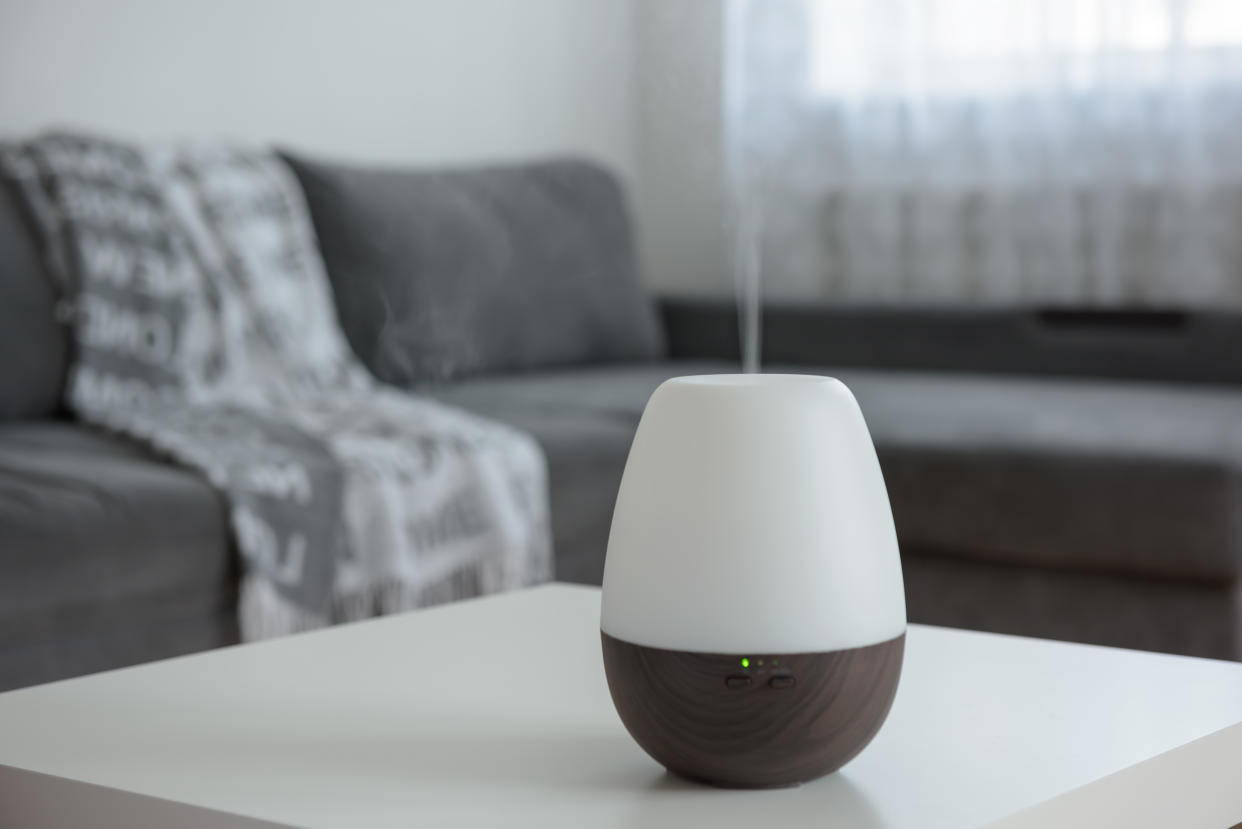Essential oil diffusers may cause indoor air pollution

Essential oil diffusers may cause indoor air pollution, a watchdog has warned.
Popular on Instagram, fans of the trendy gadget boast it purifies the air, leaving a fresh scent.
According to the French food and environmental safety agency Anses, however, the zen must-have can come with serious side effects.
Read more: House plants do not 'cleanse the air' after all
Over eight years, 1,400 adverse cases have been reported to anti-poison centres across the country.
The agency has warned essential oil diffusers that “emit volatile organic compounds could be a source of pollution” in the home.
A 2018 study of 24 essential oils by The University of Melbourne found each emitted between 20 and 140 volatile organic compounds, a potentially hazardous gas given off by certain solids and liquids.

Most of the 1,400 incidents reported between 2011 and 2019 were linked to accidents, like children consuming the oils.
Even with “normal use”, people complained of breathing difficulties, as well as irritation to the eyes, nose and throat.
The agency has pointed the finger at the high level of chemical compounds called phenols in the essential oils. These are particularly potent in cinnamon, clove and aniseed oil.
Essential oils like sage, rosemary and peppermint are also high in a compound called ketones.
Anses has said oils containing these irritants are “unsuitable” for diffusers and air fresheners.
Even natural compounds like terpenes – in ginseng, basil and cloves – can cause irritation, it added.
With volatile organic compounds often present in furniture and cleaning products, the use of diffusers may increase exposure to the irritants.
Read more: Aerosols could worsen everything from asthma to hyperactivity in children
Reassuringly, most of the reported cases were “not serious and rapidly decreased when people were no longer exposed” to the chemicals.
Anses has previously advised pregnant and breast feeding women, as well as those who suffer from a respiratory condition, avoid the oils entirely.
Breathlessness is common during pregnancy due to the expanding womb sometimes restricting the lungs.
Carrying the extra weight of an unborn baby can also make women short of breath.
The latest report follows research released three years ago by Anses claiming air filters and “cleansing” sprays have no evidence and can cause irritation.
How to combat indoor air pollution
To keep the air in your home healthy, scientists from the Royal College of Paediatrics and Child Health previously recommended cleaning regularly to combat dust.
Using just one all-purpose cleaner, and wiping surfaces with water after use, may help reduce chemical exposure.
Ventilation is also “important” after cooking, cleaning and “activities that create moisture”, like showering or drying clothes.
Read more: Air pollution kills more than 20,500 people every year in the UK
Opening a window could also help after cleaning or lighting candles.
When cooking, use the extractor fan and close other doors to prevent pollutants spreading around the house.
While it may sound obvious, try and avoid burning food, and do not allow anyone to smoke indoors.
If allergies strike, consider replacing carpets with hard wooden floors and washing bedding at 60°C (104°F) every two weeks.


